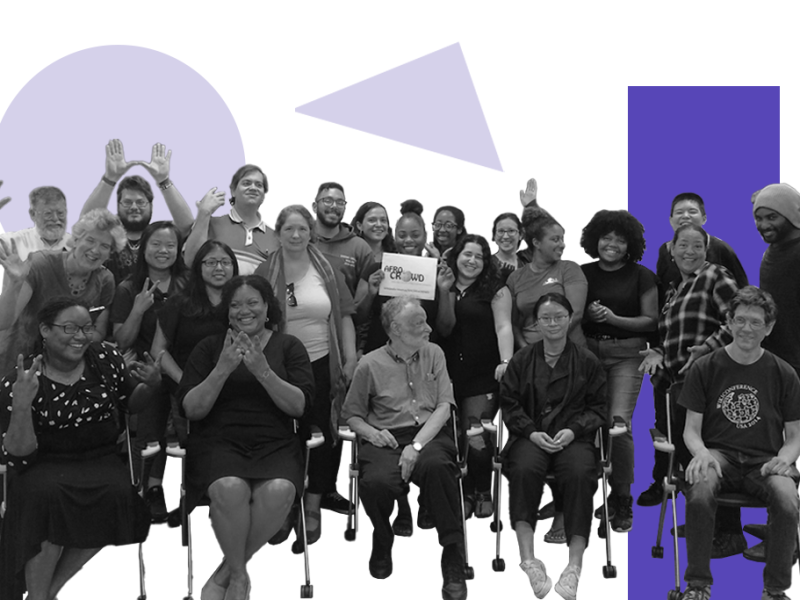
Celebrating eight years of AfroCROWD diversifying Wikipedia
Wikipedia is known for being the world’s largest encyclopedia that anyone can edit—but that does not mean everyone does. Whether due to social, political, or technological barriers that prevent people from sharing what they know with the world, the site is still missing out on a lot of the world’s wealth of knowledge. In particular,….
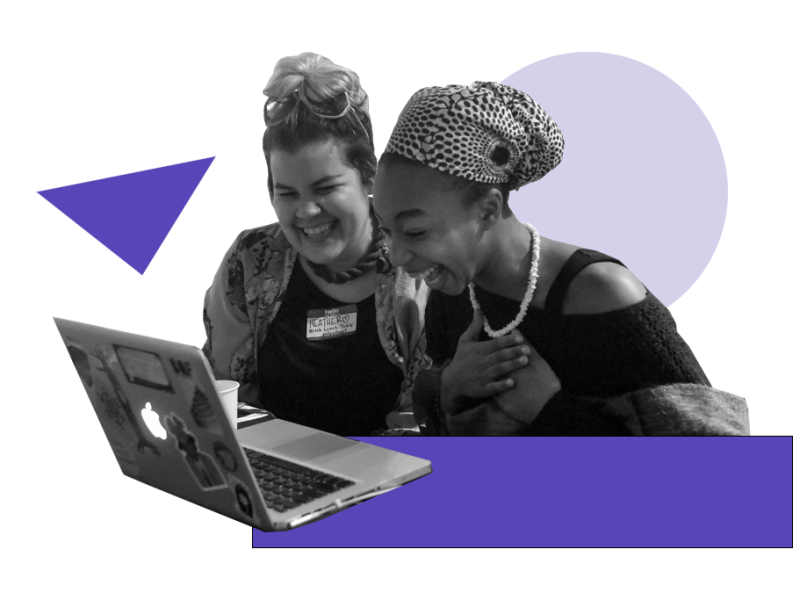
Black artists belong on Wikipedia — Black Lunch Table is making it happen
The school lunchroom can conjure up all kinds of memories. For the founders of the non-profit Black Lunch Table (BLT), it brought inspiration. The lunchroom offers a shared space for people to come together and connect. Black Lunch Table aims to replicate this experience. Since its founding in 2005, the oral history archiving project has….
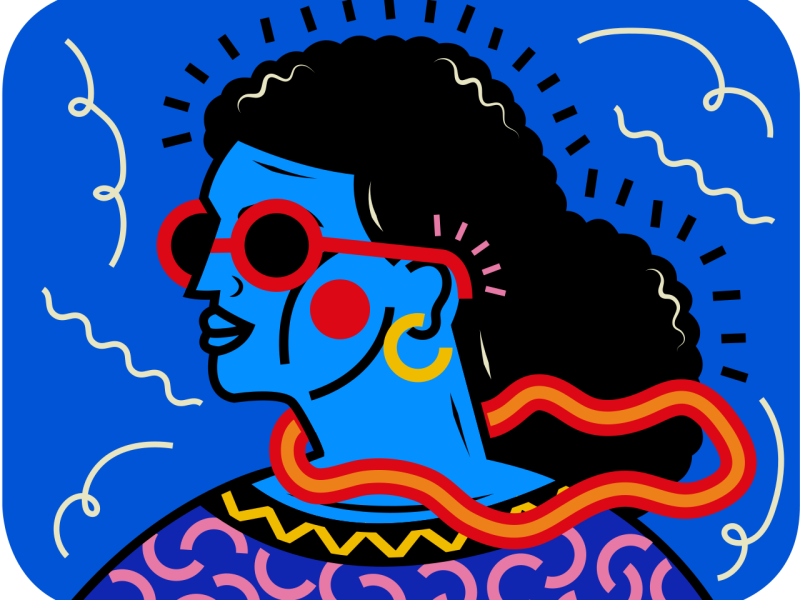
Project Rewrite: Tell the missing stories of women on Wikipedia and beyond
Think of a historical event, one you learned about in school. Maybe an expedition, a treaty, or a speech. How about a years-long atrocity, or a record-breaking achievement? When you picture this event, who are the central characters? Now, ask yourself if you know the women’s side of the story. For as long as written….
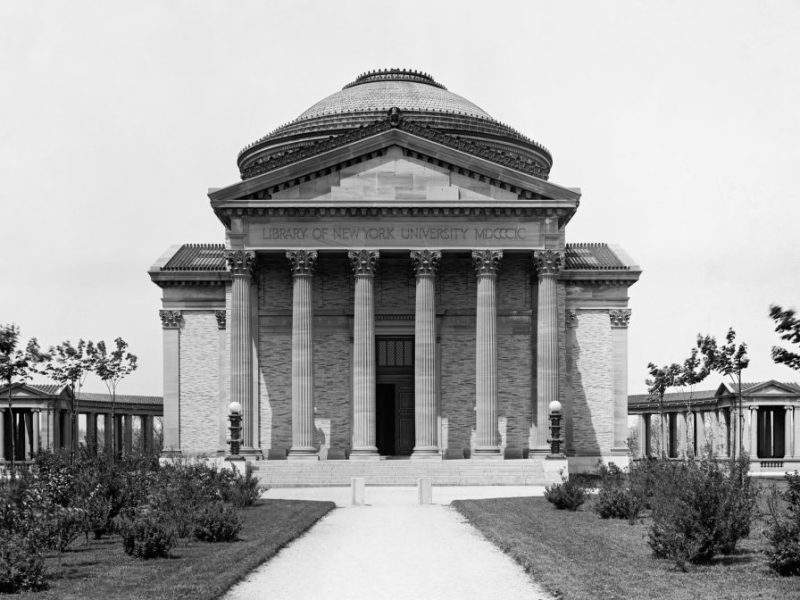
Five ways academics can contribute to Wikipedia
In recent weeks, the world learned about Dr. Donna Strickland, only the third woman to be awarded the Nobel Prize in Physics. It also learned that Wikipedia lacked an article on Strickland amongst its over five million articles. Wikipedia subsequently received justifiable criticism for its low percentage of female editors, its editing culture, and its….
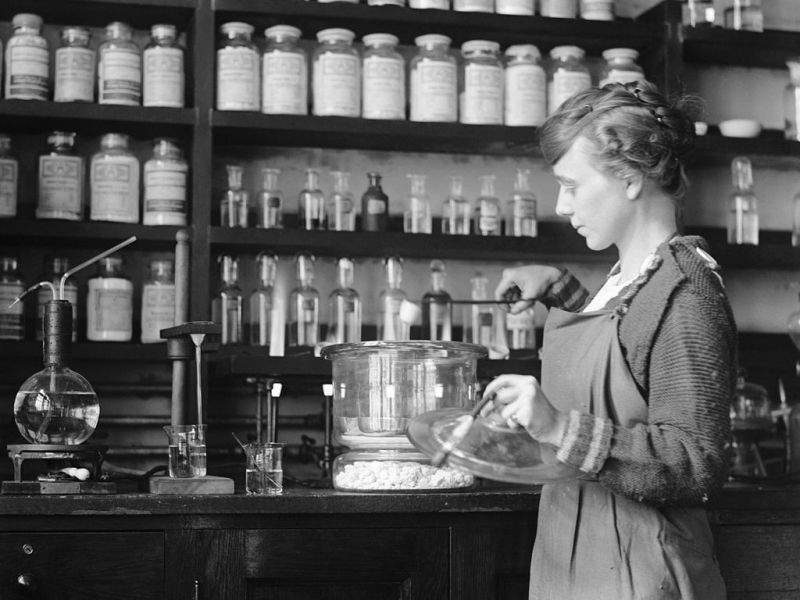
Women in Red is changing Wikipedia’s coverage of women, one article at a time
The news that optical physicist Donna Strickland did not have a Wikipedia page before winning the Nobel Prize in Physics brought renewed attention to Women in Red, a long-standing volunteer effort to add more biographies about women to the encyclopedia. After the announcement, the Women in Red WikiProject had one of their best weeks ever,….
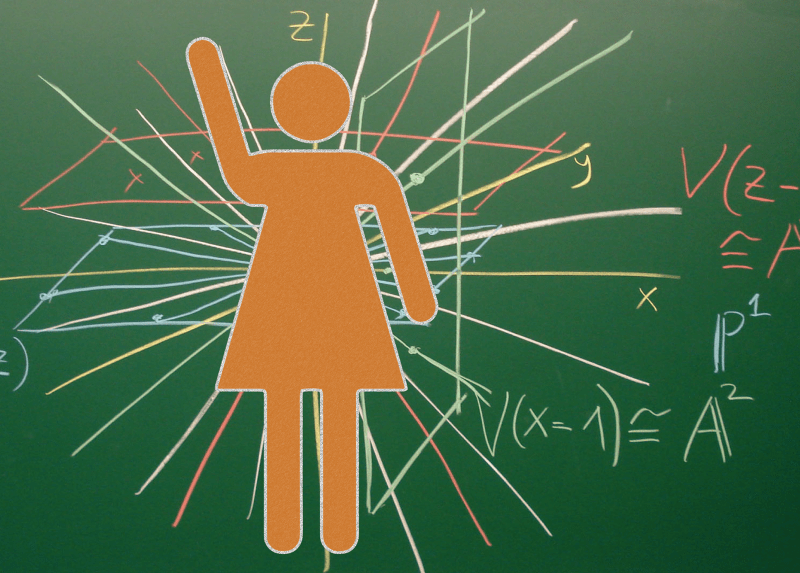
Wikipedia is a mirror of the world’s gender biases
This post ran in the Los Angeles Times on 18 October 2018. When Donna Strickland won the Nobel Prize this month, she became only the third woman in history to receive the award in physics. An optical physicist at the University of Waterloo, Strickland is brilliant, accomplished and inspiring. To use Wikipedia parlance, she is very….
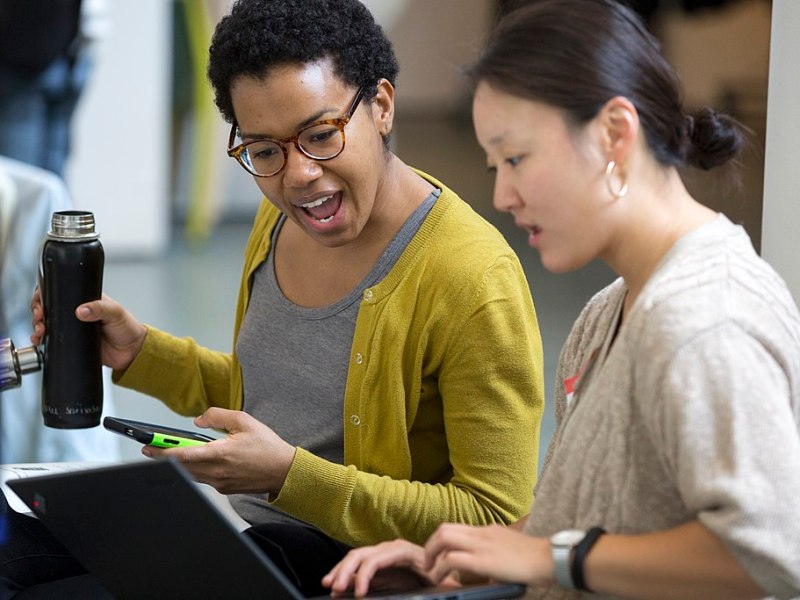
Look at all we’ve accomplished: The fifth year of Art+Feminism
Maybe you’ve already heard the story of how the global edit-a-thon known as Art+Feminism got started. It goes something like this: Five years ago, four friends—Siân Evans, Jacqueline Mabey, Michael Mandiberg, and Laurel Ptak—gathered together to discuss an idea for promoting Wikipedia as a place to challenge one of the ways women are silenced: through….
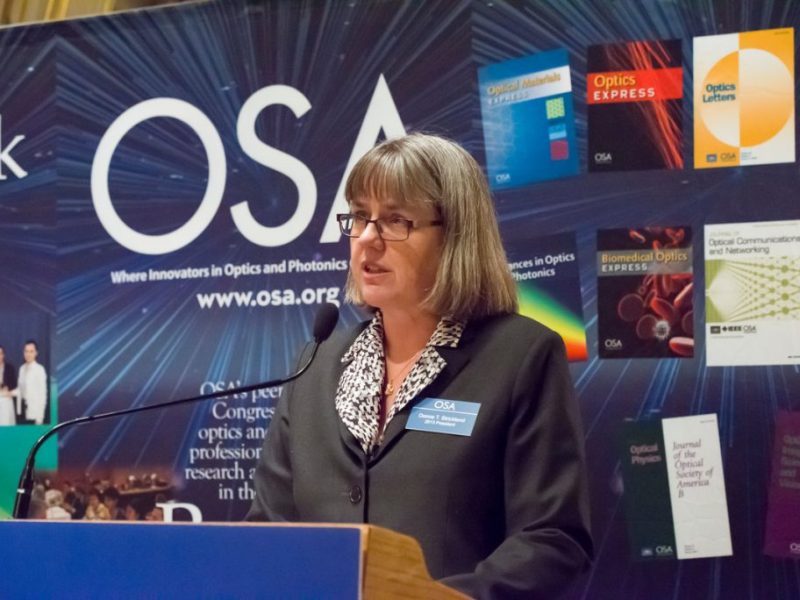
Why didn’t Wikipedia have an article on Donna Strickland, winner of a Nobel Prize?
Donna Strickland is an optical physicist at the University of Waterloo. She is also the winner of a Nobel Prize in Physics (as of two days ago), a former president and fellow of the Optical Society, and early in her career was the recipient of a Sloan Research Fellowship. What did she receive these honors….
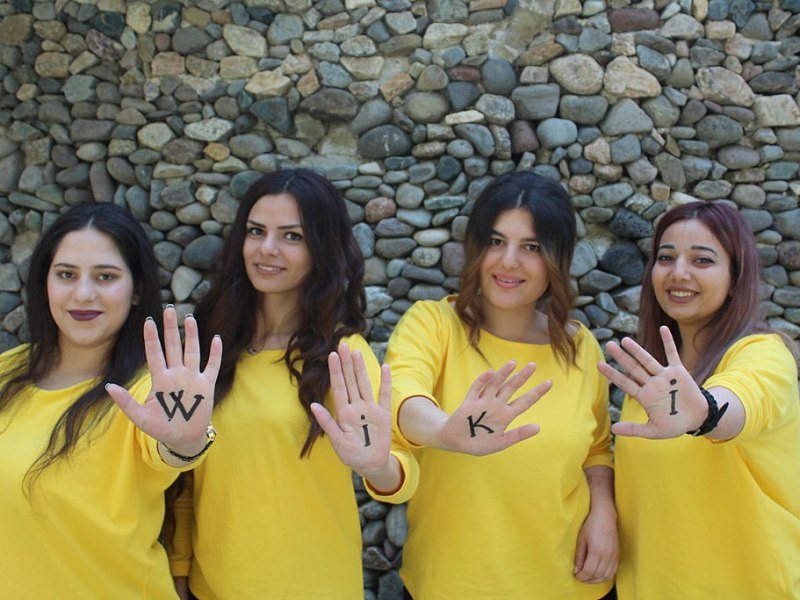
Wikimedia Foundation releases gender equity report
In April 2017, the Wikimedia Foundation’s Community Resources team launched the Gender Diversity Mapping Project to gather feedback from Wikimedians at the forefront of gender equity efforts in the Wikimedia movement. Our plan was to identify active movement leaders and document what they have learned from their work so far. We had three goals in….
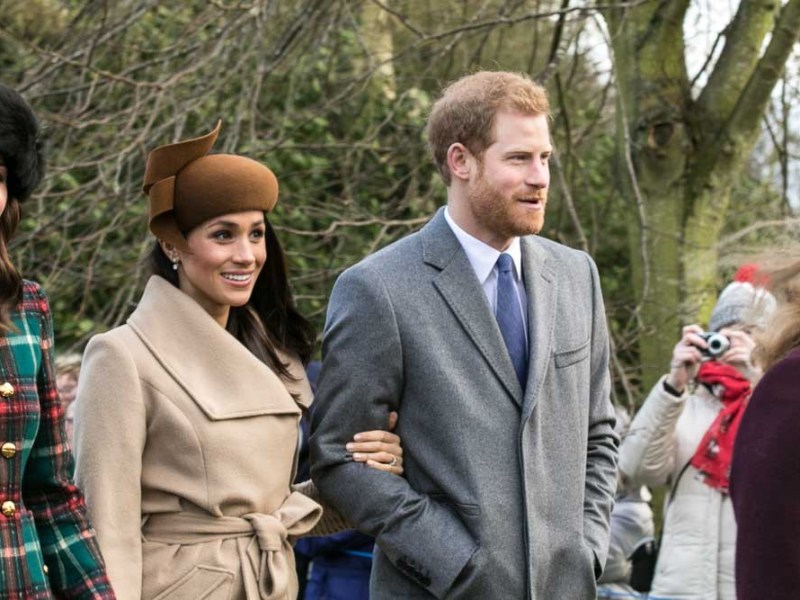
Why Wikipedia has an article on Doria Ragland, mother of Meghan Markle
Last May, Prince Harry, fifth in line to the British throne, married Meghan Markle, an American actress and activist. The event captivated millions upon millions of people for several weeks, and many of them journeyed to Wikipedia to read the encyclopedia’s curated content about the British monarchy, the wedding plans, and the people involved. Unfortunately,….